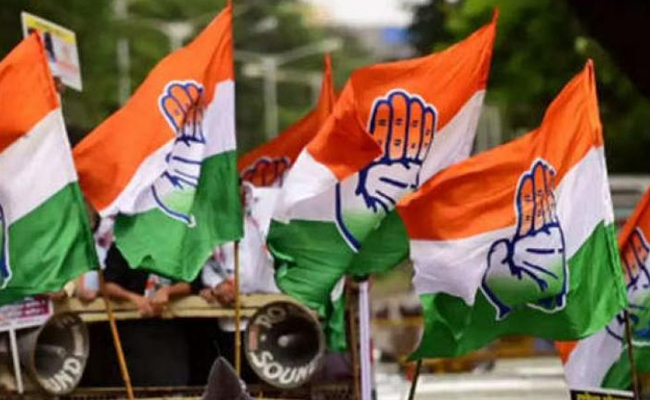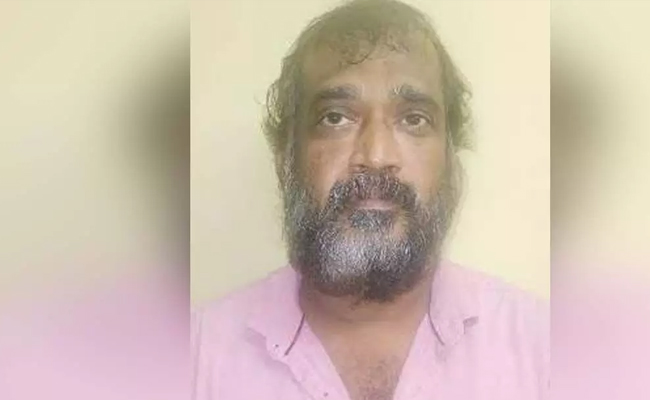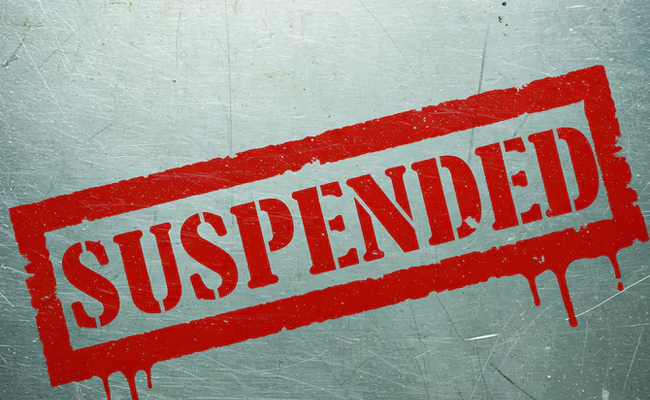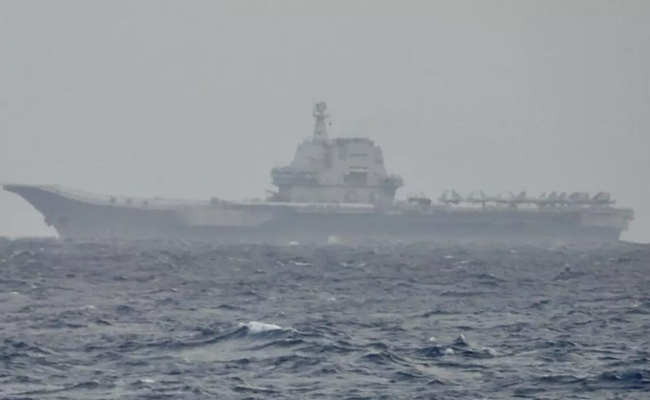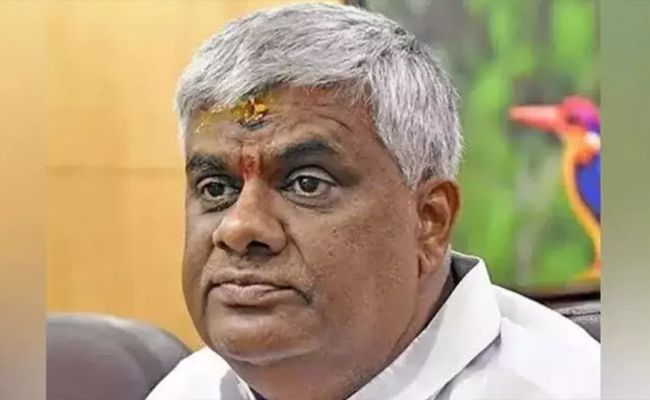New Delhi (PTI): With Prime Minister Narendra Modi in Argentina, Congress leader Jairam Ramesh on Saturday recalled India's deep connection with that country and then PM Indira Gandhi's visit to Buenos Aires in 1968.
Ramesh also recalled that Raul Prebisch, an Argentine economist who was very influential in the 1950s and 1960s, helped establish the United Nations Conference on Trade and Development (UNCTAD).
He said that Global South, a term now used by Prime Minister Modi and External Affairs Minister S Jaishankar, was propagated by UNCTAD, although it was first used by British banker Oliver Franks way back in 1960.
"The Super Premium Frequent Flier is in Argentina today. 3 down, 2 more to go. To Indians, Argentina instantly means Diego Armando Maradona and Lionel Messi. But there are three deeper connects as well," Ramesh said in his post on X.
Rabindranath Tagore spent time in Argentina in November 1924 at the invitation of Victoria Ocampo, a prominent literary figure, he said.
"Tagore's works were already very well known. He and Ocampo developed a warm friendship which has been written about extensively by Tagore's biographers, with Ketaki Kushari Dyson having devoted an entire book to it," he said.
Tagore's collection of 52 lyrical poems called "Purabi" -- published exactly a hundred years ago -- was dedicated to 'Vijaya', his name for Ocampo, Ramesh pointed out.
"In September 1968, Indira Gandhi met Ocampo in Buenos Aires and conferred on her the honorary degree of Doctor of Literature of Tagore's Visva-Bharati University, in which she had herself spent nine months beginning July 1934," Ramesh said.
He further said that Jose Luis Borges, who got some of his initial breaks through Ocampo, was a titan of the 20th century Argentinian and Spanish literature.
"When he was seven years old in 1906, Borges had read Sir Edwin Arnold's The Light of Asia and that led him to read and explore the life of the Buddha even more. The impact of the Buddha is reflected in Borges's short stories, essays, poems, and lectures," he said.
Ten years before his death in 1986, Borges's book "Que es el budismo" (What is Buddhism), reflecting a lifetime of fascination with the Buddha, was published, Ramesh noted.
On July 6, 1977, Borges gave his famous lecture on Buddhism in Buenos Aires which survives on YouTube, he said.
The Congress leader also recalled Prebisch as a very influential economist in the 1950s and especially in the 1960s.
"He helped establish the United Nations Conference on Trade and Development, an organisation that earned its place in world economic history as UNCTAD. Dr. Manmohan Singh had worked in UNCTAD in New York during Jan 1966-May 1969 and there is a lovely picture of him with his two daughters during this time.
"UNCTAD's second session had been held in New Delhi during Jan-March 1968 -- the first time a developing country was hosting a major UN event," Ramesh noted.
It was UNCTAD that propagated the idea of G77, a collective of developing countries that has become influential in global forums, Ramesh said.
"The collective now has 133 developing countries. China does not consider itself as a formal member and so the collective is called G77 plus China," he said.
"Global South is another term now very much in use by Mr. Modi and the External Affairs Minister -- this term too was propagated by UNCTAD, although it was first used by a British banker Oliver Franks way back in 1960," Ramesh said.
Ramesh also shared two photographs -- one of Singh from his time at UNCTAD and another of Gandhi with Ocampo at Buenos Aires.
Earlier, Prime Minister Modi arrived in Buenos Aires on a two-day visit and was accorded a ceremonial welcome upon his arrival at the Ezeiza International Airport.
This is the first Indian bilateral visit at the prime ministerial level to Argentina in 57 years. It is Modi's second visit to the country as Prime Minister. He last visited the country in 2018 for the G20 Summit.
In the fourth leg of his visit, Modi will travel to Brazil to attend the 17th BRICS Summit, followed by a state visit. In the final leg of his visit, Modi will travel to Namibia.
Let the Truth be known. If you read VB and like VB, please be a VB Supporter and Help us deliver the Truth to one and all.
Udupi (Karnataka) (PTI): Karnataka Police have invoked provisions of the stringent KCOCA against two people in connection with a series of violent crimes, including murder, arising out of a prolonged land dispute in this district, officials said on Monday.
According to police, section 3 of the KCOCA was invoked after an assessment revealed the accused persons' - gangster Kali Yogish and alleged land shark Yogish Acharya- alleged involvement in multiple serious offences over a sustained period.
Accused Yogish has been arrested and remanded to judicial custody by a special KCOCA court in Mysuru, while gangster Kali, who is absconding, is believed to be residing abroad.
The case dates back to December 2022, when Kaup police registered an assault case against the accused duo and their associates for allegedly attacking a person identified as Chandrashekhar and others following a dispute over land ownership.
ALSO READ: Kannada TV actress dies by suicide in Bengaluru
The conflict escalated in March 2023 with the murder of a person identified as Sharath Shetty. Police said Shetty was allegedly killed for refusing to support Yogish and for assisting Chandrashekar in the land dispute.
A murder case was registered at Kaup police station, with Chandrashekar cited as a key witness in both cases.
Police further stated that on October 20, 2025, Chandrashekar received a threat at around 8.15 pm, warning him against deposing in court. He was allegedly asked to resolve a financial dispute with Yogish Acharya and threatened with death if he failed to comply.
Based on his complaint, a case was registered under the relevant sections of the Bharatiya Nyaya Sanhita.
The investigation was supervised by Assistant Superintendent of Police, Karkala subdivision, Harsha Priyamvada.
Accused Yogish Acharya was initially arrested on October 24, 2025, and later released on bail. He was subsequently re-arrested after the invocation of KCOCA and remanded to judicial custody, police said.

